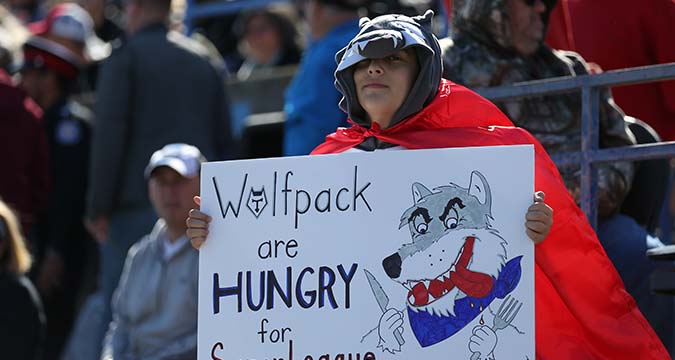 PRIVATE EQUITY WILL WRECK THE GAME
While the 'literati' and certain supporters have spent most of the last week thinking fallout from the failed Toronto re-application to Super League, I have been more concerned at the sinister news that Robert Elstone and colleagues are being seduced by the perceived fruits of private equity finance.
As a keen
PRIVATE EQUITY WILL WRECK THE GAME
While the 'literati' and certain supporters have spent most of the last week thinking fallout from the failed Toronto re-application to Super League, I have been more concerned at the sinister news that Robert Elstone and colleagues are being seduced by the perceived fruits of private equity finance.
As a keen League Express Mailbag – Monday 16th November
 PRIVATE EQUITY WILL WRECK THE GAME
While the 'literati' and certain supporters have spent most of the last week thinking fallout from the failed Toronto re-application to Super League, I have been more concerned at the sinister news that Robert Elstone and colleagues are being seduced by the perceived fruits of private equity finance.
As a keen
PRIVATE EQUITY WILL WRECK THE GAME
While the 'literati' and certain supporters have spent most of the last week thinking fallout from the failed Toronto re-application to Super League, I have been more concerned at the sinister news that Robert Elstone and colleagues are being seduced by the perceived fruits of private equity finance.
As a keen 